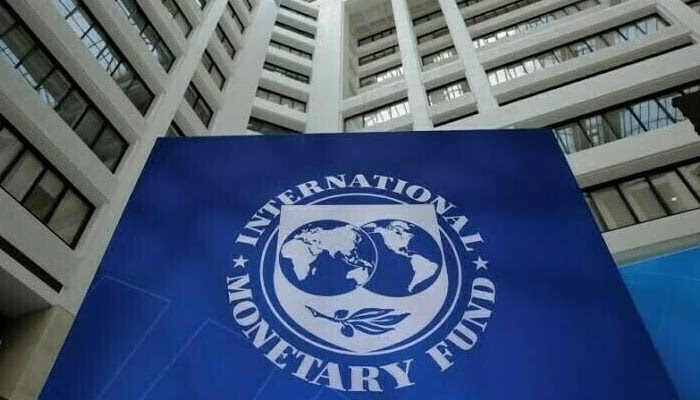The International Monetary Fund (IMF) has expressed optimism about a peaceful resolution between Pakistan and India following recent tensions, while also commending Pakistan’s progress in achieving key economic targets under its current loan program.
Speaking to the media in Washington, Julie Kozack, Director of Communications at the IMF, shared her views on Pakistan’s economic performance and the geopolitical situation in South Asia. She confirmed that Pakistan had successfully met all the economic targets outlined in the IMF’s loan agreement, resulting in the smooth release of the next loan installment.
Economic Milestones Met by Pakistan
According to Kozack, the decision to release the installment was made by the IMF’s Executive Board based on merit and mutual consensus. “Pakistan’s performance under the program was satisfactory, and there was no hesitation from the IMF’s side in moving forward with the disbursement,” she said.
She further clarified that the IMF loan program for Pakistan is specifically aimed at improving foreign exchange reserves and not intended for direct budgetary support. One of the critical stipulations of the loan agreement is that the Pakistani government is not allowed to borrow funds from the State Bank of Pakistan. This condition has been strictly observed to maintain monetary discipline and avoid inflationary pressures.
Kozack also reiterated the importance of fiscal reforms and financial discipline, emphasizing that the IMF remains committed to supporting Pakistan in achieving long-term economic stability.
Regional Tensions: IMF Calls for Peace
On the diplomatic front, Kozack expressed deep concern over the recent escalation in hostilities between Pakistan and India. She stated, The loss of human lives in the recent conflict between Pakistan and India is deeply saddening. We sincerely hope that both countries will work toward a peaceful resolution through dialogue and diplomacy.
While the IMF is primarily focused on economic matters, geopolitical stability remains an essential factor in ensuring sustainable development and investment confidence in the region. Kozack added that peaceful relations between neighboring countries are vital for long-term economic growth, trade cooperation, and regional stability.
Confidence in Pakistan’s Economic Outlook
The IMF’s latest remarks indicate growing confidence in Pakistan’s economic management under the current program. The country has been making significant strides in fiscal consolidation, enhancing transparency in financial transactions, and improving the health of its foreign exchange reserves.
Experts believe that the successful release of the loan installment will boost investor confidence and offer much-needed breathing space for Pakistan’s economy, which has been navigating a difficult period marked by inflation, currency volatility, and external debt pressures.
The government of Pakistan has also initiated several reforms to broaden the tax base, increase energy sector efficiency, and reduce circular debt—measures that have been welcomed by the IMF and other international financial institutions.
With the IMF’s endorsement and a positive economic trajectory, Pakistan is now better positioned to focus on long-term development goals. However, the road ahead requires continued commitment to structural reforms, social protection, and inclusive economic policies.
Meanwhile, regional peace remains an equally crucial factor. As both Pakistan and India face mounting international pressure to resolve their differences diplomatically, institutions like the IMF are hopeful that economic cooperation could pave the way for broader reconciliation.
while Pakistan continues to strengthen its economic fundamentals, global stakeholders like the IMF are urging restraint and dialogue to ensure that recent geopolitical tensions do not derail hard-earned economic gains. The message is clear: economic recovery and regional peace must go hand in hand.



